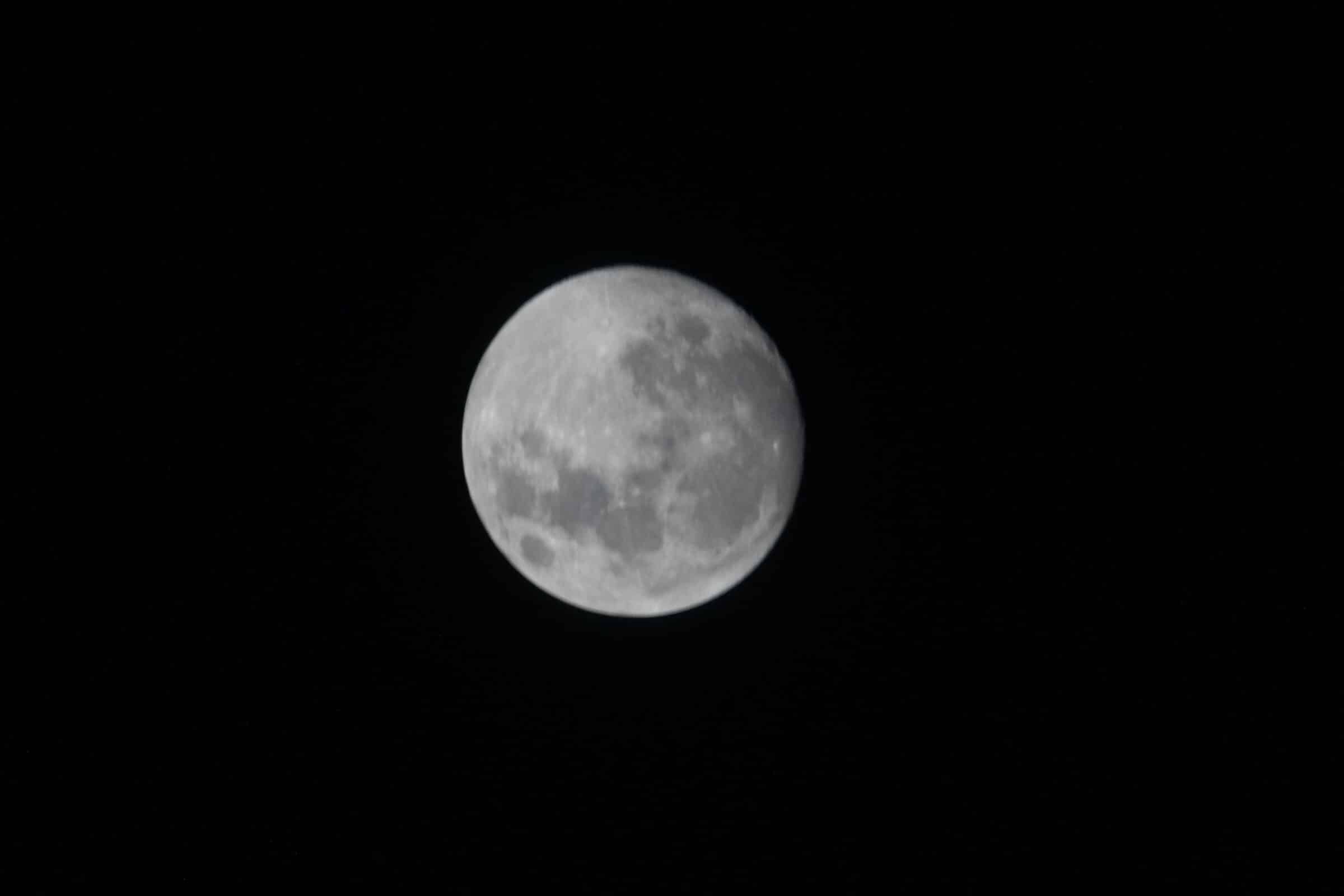 Intelligent Design
Intelligent Design
 Physics, Earth & Space
Physics, Earth & Space
Is NASA in a Slump?

Science writer Joel Achenbach reported last Tuesday in the Washington Post that NASA — which once had men walking on the moon — is in a slump:
NASA is 66 years old and feeling its age. Brilliant engineers are retiring. Others have fled to higher-paying jobs in the private space industry. The buildings are old, their maintenance deferred. The Apollo era, with its huge taxpayer investment, is a distant memory. The agency now pursues complex missions on inadequate budgets.
This may be an unsustainable path for NASA, one that imperils long-term success. That is the conclusion of a sweeping report, titled “NASA at a Crossroads,” written by a committee of aerospace experts and published Tuesday by the National Academies of Sciences, Engineering and Medicine.
The report suggests that NASA prioritizes near-term missions and fails to think strategically. In other words, the space agency isn’t sufficiently focused on the future.
NASA is outsourcing a good deal now to private industry. The trouble is, it’s hard to attract creative engineers to a job supervising the work of others. The report recommended spending more time on technology development and workforce training and less on costly missions to moons and Mars.
Here’s the report.
It’s Worth Asking, Is This a Slump that NASA Can Pull Out Of?
In the United States, private groups are moving into the space business and China is catching up quickly, developing its own moon missions. Maybe the NASA model is a part of history.
NASA’s Facebook page announces,
The Polaris Dawn mission is to achieve the highest Earth orbit by a crewed spacecraft since the Apollo era, and it will also include the first spacewalk by a private astronaut. The four-member crew includes Commander Jared “Rook” Isaacman, Pilot Scott “Kidd” Poteet, and Mission Specialists, Sarah “Cooper” Gillis, and Anna “Walker” Menon.
Here’s Mission Specialist Sarah “Cooper” Gillis doing the spacewalk from Elon Musk’s SpaceX Polaris Dawn Dragon:
As space science writer Jackie Wattles notes at CNN, “SpaceX demonstrated Thursday that conducting a spacewalk is a task that can be performed by the industrial sector, not just government astronauts. In doing so, Elon Musk’s company took a major step toward commercializing those capabilities.”
The crew is expected back Sunday or Monday.
A More Complicated World Now
At one time, this would have been a political victory, of sorts, for the United States over the Soviet Union. But, with private expertise competing with government in the “firsts” category, space races may become rather more complicated.
Some don’t like what they see. In a classic example of small people taking down big people, we learn from Scientific American, “The world’s richest man, Elon Musk, is lauded widely as an innovator. But two of his biggest successes, SpaceX and Tesla, have involved launching versions of products that were invented by others and not the first of their kind, writes Scientific American editor Dan Vergano. These Musk ventures also have benefited from hundreds of millions of dollars in government loans.”
Maybe, but the fact is, he was organizing it and his people were doing it. It was quite dangerous, by the way. Wattles writes, “A wrong move during a crucial “pre-breathing” process in the lead-up to the spacewalk could have put the crew at risk of getting ‘the bends,’ or decompression sickness — a condition experienced by scuba divers that involves nitrogen bubbles forming in the blood.”
This Is Only the Beginning, Industry Watchers Say
The International Space Station will be decommissioned sometime soon and the question is, what will replace it? Space journalist Andrew Jones predicts at Space.com that “private companies — including SpaceX, Blue Origin, Planet, Rocket Lab, Virgin Galactic, Axiom Space and Sierra Space — are poised to give rise to a new era of commercial space stations”:
“In the short term, commercial space stations are an essential next step to fill the void left by the impending decommissioning of the ISS,” said Lauren Andrade, a spokesperson for the Beyond Earth Institute. “Beyond that, commercial space stations offer a flexibility and capital that government-run projects simply do not possess.” (July 18, 2024)
She is almost saying that less government means less bureaucracy and more innovation. Did you catch Jones’s title, by the way? He, along with Wattles above, are “space journalists” — a comparatively new designation in the media industry and a sign of the times.
Physicist Manolis Plionis and law prof Anthi Koskina worry that exploration may be running too far ahead of the law:
In the 2019 Beresheet accident, a privately funded Israeli spacecraft crashed on the Moon during its landing attempt. It allegedly spilled samples of human DNA along with thousands of tardigrades, tiny invertebrate animals able to survive under extreme conditions that are used in experiments to test the limits of survival in outer space.
Critically, the co-founder of the private company that had requested transport of the payload acted of his own accord, and did not inform any authority of his decision to send tardigrades to the moon.
The science fiction practically writes itself… But also raises an interesting question. What if a private craft is the first to discover extraterrestrial life? What laws apply?
NASA or no, we live in interesting times.
Cross-posted at Mind Matters News.
